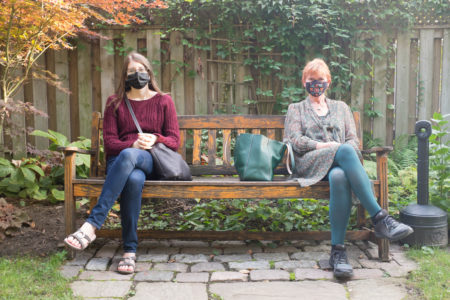Along with fellow NDP MPP Bhutila Karpoche, my former Member of the Provincial Parliament Jessica Bell is proposing a Rent Stabilization Act, which would stop landlords from raising rents between tenants. It would also establish a rent registry with the Landlord and Tenant Board.
If passed, the law would help rationalize the incentives faced by landlords, who at present can accept the ~2% per year rent increases set by the province with existing tenants or who can try to get rid of their tenants to reset the rent at a much higher level. Making it more profitable to cycle through tenants than to retain them also contributes to landlords wanting informal tenants rather than tenants on a formal lease, since only the former have protection from the Landlord and Tenant Board.
With the present provincial legislature comprised of 70 Progressive Conservatives under Doug Ford, 40 NDP MPPs, plus seven Liberals and some minor parties there isn’t a realistic hope of the proposal becoming law.




